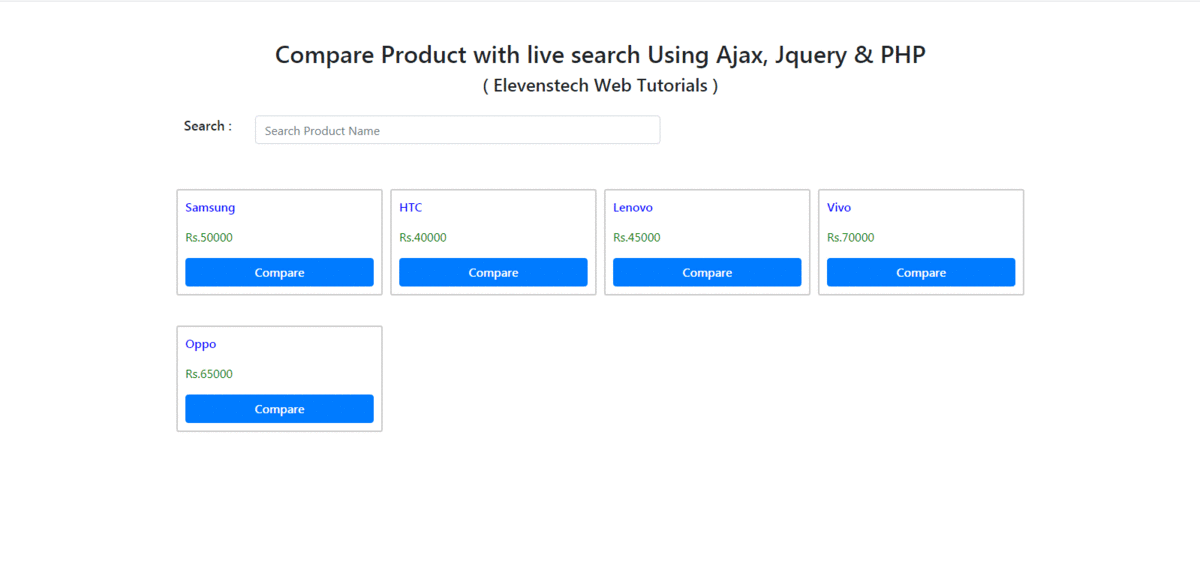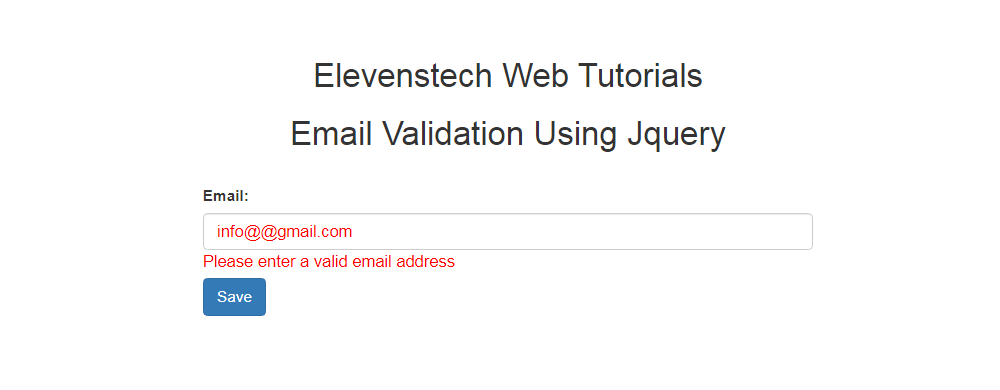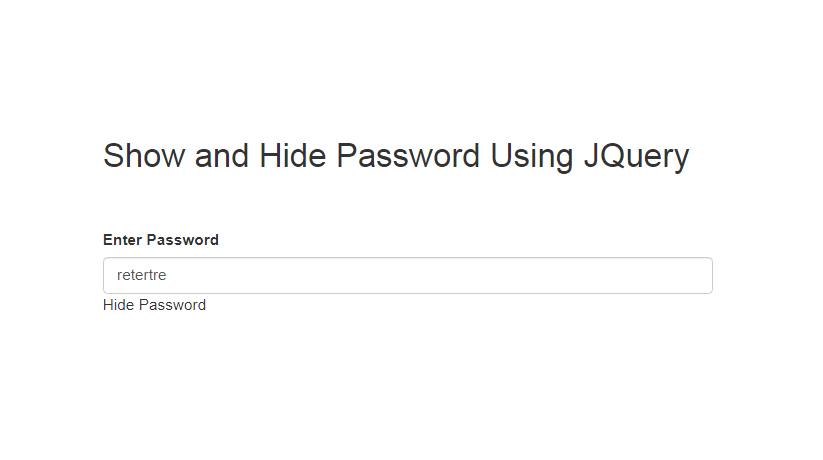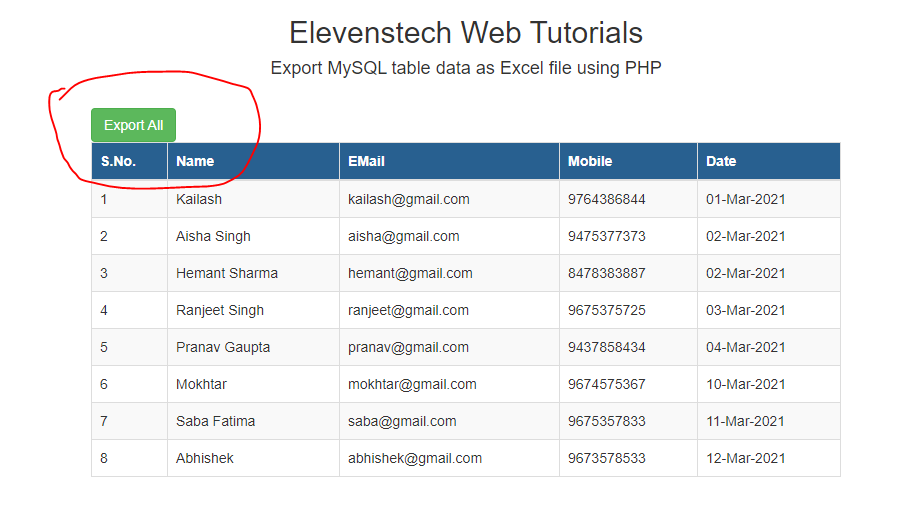PHP Tutorial
What is PHP Environment Setup of PHP PHP Syntax PHP Comments PHP Echo & print PHP Variables PHP Scope Variables PHP $ and $$ Variable PHP Constants PHP Operators PHP Data TypesPHP Conditional Statements
PHP Loop Type
PHP Arrays
PHP String PHP FunctionsPHP Form Examples
Form Intro Get & Post Form Validation / Required PHP Complete FormPHP Advanced
PHP Include / Require PHP Date & Time PHP Session PHP Cookies PHP File Handling PHP Open File PHP Read File PHP Write File PHP Append File PHP Delete File PHP File Upload PHP Sending Mail PHP Error HandlingPHP Functions
PHP function is a piece of code that can be reused many times. It can take input as argument list and return value. There are thousands of built-in functions in PHP.
PHP User Defined Functions
Besides the built-in PHP functions, it is possible to create your own functions.
- A function is a block of statements that can be used repeatedly in a program.
- A function will not execute automatically when a page loads.
- A function will be executed by a call to the function.
- A function name must start with a letter or an underscore. Function names are NOT case-sensitive.
Syntax:
function myFunction()
{
//code to be executed
}
Example:
<?php
function myFunction()
{
echo "Welcome To Elevenstech";
}
myFunction();//calling function
?>
Output:
Welcome To Elevenstech
PHP Function Arguments
We can pass the information in PHP function through arguments which is separated by comma.
Example:
<?php
function sayHello($name)
{
echo "Hello $name<br/>";
}
sayHello("Kailash");
sayHello("Ranjeet");
sayHello("Hemant");
?>
Output:
Hello Kailash
Hello Ranjeet
Hello Hemant
Setting Default Values for Function parameter
PHP allows us to set default argument values for function parameters. If we do not pass any argument for a parameter with default value then PHP will use the default set value for this parameter in the function call.
Example:
<?php
// function with default parameter
function defFunc($str, $num=12)
{
echo "$str is $num years old \n";
}
// Calling the function
defFunc("Amit", 15);
// In this call, the default value 12
// will be considered
defFunc("Kailash");
?>
Output:
Amit is 15 years old
Kailash is 12 years old
Returning Values from Functions
A function can return a value using the return statement in conjunction with a value or object. return stops the execution of the function and sends the value back to the calling code.
You can return more than one value from a function using return array(1,2,3,4).
Example:
<?php
// function along with three parameters
function retFunc($num1, $num2, $num3)
{
$product = $num1 * $num2 * $num3;
return $product; //returning the product
}
// storing the returned value
$retValue = retFunc(3, 5, 2);
echo "The return value is $retValue";
?>
Output:
The return value is 30
Parameter passing to Functions
PHP allows us two ways in which an argument can be passed into a function:
- Pass by Value: On passing arguments using pass by value, the value of the argument gets changed within a function, but the original value outside the function remains unchanged. That means a duplicate of the original value is passed as an argument.
- Pass by Reference: On passing arguments as pass by reference, the original value is passed. Therefore, the original value gets altered. In pass by reference we actually pass the address of the value, where it is stored using ampersand sign(&).
<?php
// pass by value
function valFunc($num) {
$num += 2;
return $num;
}
// pass by reference
function refFunc(&$num) {
$num += 10;
return $num;
}
$n = 10;
valFunc($n);
echo "The original value is still $n \n";
refFunc($n);
echo "The original value changes to $n";
?>
Output:
The original value is still 10
The original value changes to 20
Elevenstech Web Tutorials
Elevenstech Web Tutorials helps you learn coding skills and enhance your skills you want.
As part of Elevenstech's Blog, Elevenstech Web Tutorials contributes to our mission of “helping people learn coding online”.
Read More
Newsletter
Subscribe to get the latest updates from Elevenstech Web Tutorials and stay up to date

 Click to Join
Click to Join



